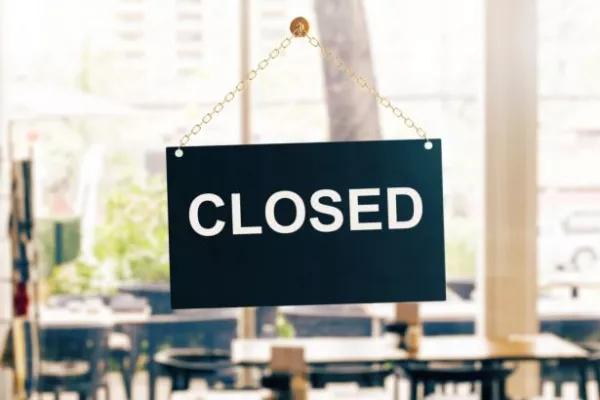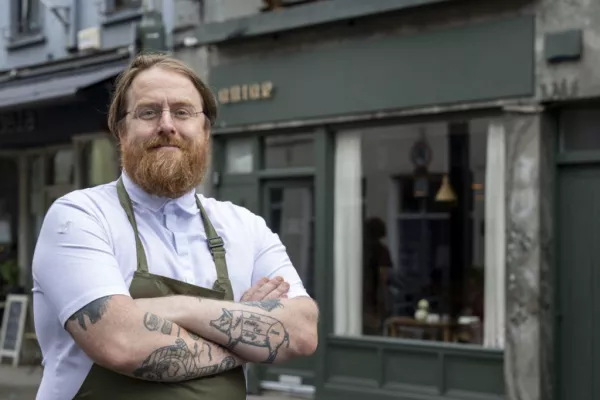Ireland’s economy could lose up to €288 million annually as a result of closures in the service sector, RTÉ reported this week.
The data comes from a report commissioned by the Restaurants Association of Ireland (RAI) and completed by economist Jim Power.
More than 200 restaurants, cafes, and other food-led businesses have closed their doors so far this year.
Power found that each closure results in €576,554 in gross wages being lost, as well as €115,310 in payroll taxes.
Further to that, €105,000 is lost in VAT receipts each year, as well as €11,874 in commercial rates to local authorities and €4,583 in water charges.
For workers who lose their jobs due to closures and go on social welfare payments, the annual costs would come to about €440,000.
‘Damaging To The State And The Economy’
The chief executive of the RAI, Adrian Cummins, said, “For the first time, this new report lays out the stark economic reality of how damaging food-led hospitality closures are to the state and the economy.
“The assumption among civil servants and in certain other quarters that where one restaurant closes down, another will shortly open is unfounded – particularly in parts of the country outside of Dublin.
“When a local restaurant or cafe closes and its staff are laid off, it is not a simple case of them finding another good job nearby or the business reopening under new ownership.”
The RAI has called for the return of the 9% VAT rate for food-related businesses only, as it claims that policy changes to labour rights have increased costs.
The Department of Finance has noted that the 9% VAT rate for the industry will cost €545 million a year.
The RAI claims that if 400 restaurants eventually close, it will cost the state more money than it would have to lower the VAT rate.
‘How It Can Possibly Afford Not To?’
Commenting on the report, Power said, “This report makes it clear that the question for the government is now not whether it can afford to return the 9% VAT rate or not, but how it can possibly afford not to?
“If the government waits until October’s Budget to take meaningful action to save Ireland’s local, independent restaurants and cafes – as it appears it currently plans on doing – it will result in substantial losses for the state, while communities will be deprived of cherished social outlets.”
Data indicates an increase in the number of hospitality business closures in the first three months of the year.
However, other sectors of the economy are also seeing a rise in closures amid rising costs and high interest rates.
Speaking on Morning Ireland, Cummins highlighted the impact of such closures on regional and rural areas around the country.
He said that lowering the VAT rate to 9% is “the only show in town” if food businesses are to remain viable.
Read More: 71 Restaurants, Cafes And Food-led Businesses Closed In February









